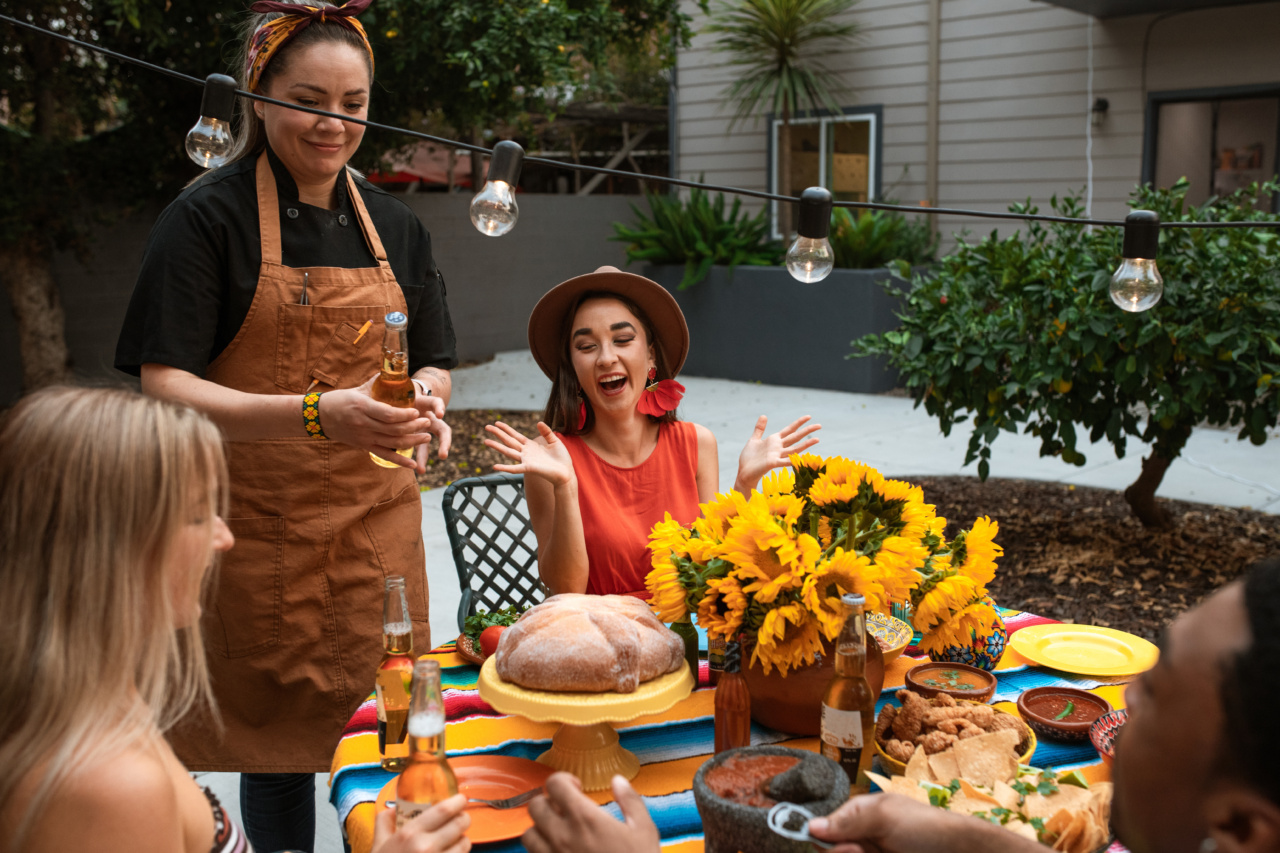Celebrating special occasions with pets can definitely be fun and exciting. However, keeping them safe should always be a top priority. One of the major risks during celebrations is the consumption of toxic foods.
With that said, here are the foods you should avoid giving to your pets.
Chocolate
Most people know that chocolate is toxic for pets, especially dogs. Chocolate contains theobromine, which can cause vomiting, diarrhea, hyperactivity, seizures, and even death in severe cases. Even small amounts of chocolate can be dangerous.
Xylitol
Xylitol is a sugar substitute commonly found in sugar-free gums, candies, and baked goods. This sweetener can be fatal to dogs as it can cause a sudden and rapid insulin release, leading to hypoglycemia (low blood sugar), seizures, and liver failure.
Alcohol
Alcohol can have a strong and immediate effect on pets, even in small amounts. It can cause depression of the central nervous system, vomiting, diarrhea, difficulty breathing, tremors, and even coma. Alcohol poisoning can be deadly.
Grapes and Raisins
Grapes and raisins can cause kidney failure in dogs. Symptoms include vomiting, diarrhea, lethargy, and abdominal pain. If left untreated, it can lead to irreversible kidney damage and even death. The exact cause of this toxicity is still unknown.
Onions and Garlic
Onions and garlic contain compounds that can cause damage to red blood cells, leading to anemia. Symptoms of onion and garlic toxicity include weakness, lethargy, vomiting, diarrhea, and pale gums.
Large amounts are more dangerous, but even small amounts consumed regularly can cause problems.
Avocado
Avocado contains persin, which can cause vomiting and diarrhea in some pets. Moreover, the pit can cause obstruction or choking hazard, while the skin can cause gastrointestinal irritation.
Caffeine
Just like chocolate, caffeine contains theobromine, which is toxic to pets. It can cause restlessness, rapid breathing, heart palpitations, muscle tremors, and seizures.
Fatty Foods
Fatty foods, like bacon, ham, and fried foods, can cause pancreatitis in pets. This condition is characterized by inflammation of the pancreas, which can lead to abdominal pain, vomiting, diarrhea, and loss of appetite.
Severe cases may require hospitalization.
Bones
Bones, especially cooked bones, can splinter and cause injuries to a pet’s digestive system. They can get stuck in the mouth, throat, or intestines, causing blockages or perforations.
Always offer raw bones and supervise your pet closely while chewing.
Corn on the Cob
Corn on the cob can be a choking hazard and cause intestinal obstruction in pets. The stringy kernels can get stuck in the intestines, leading to pain, vomiting, and possible surgery. Always remove the corn from the cob before feeding.
Remember that prevention is always better than cure when it comes to pet safety. Keep these foods away from your pets at all times, especially during celebrations. If you suspect that your pet has ingested anything toxic, seek veterinary help right away.






























